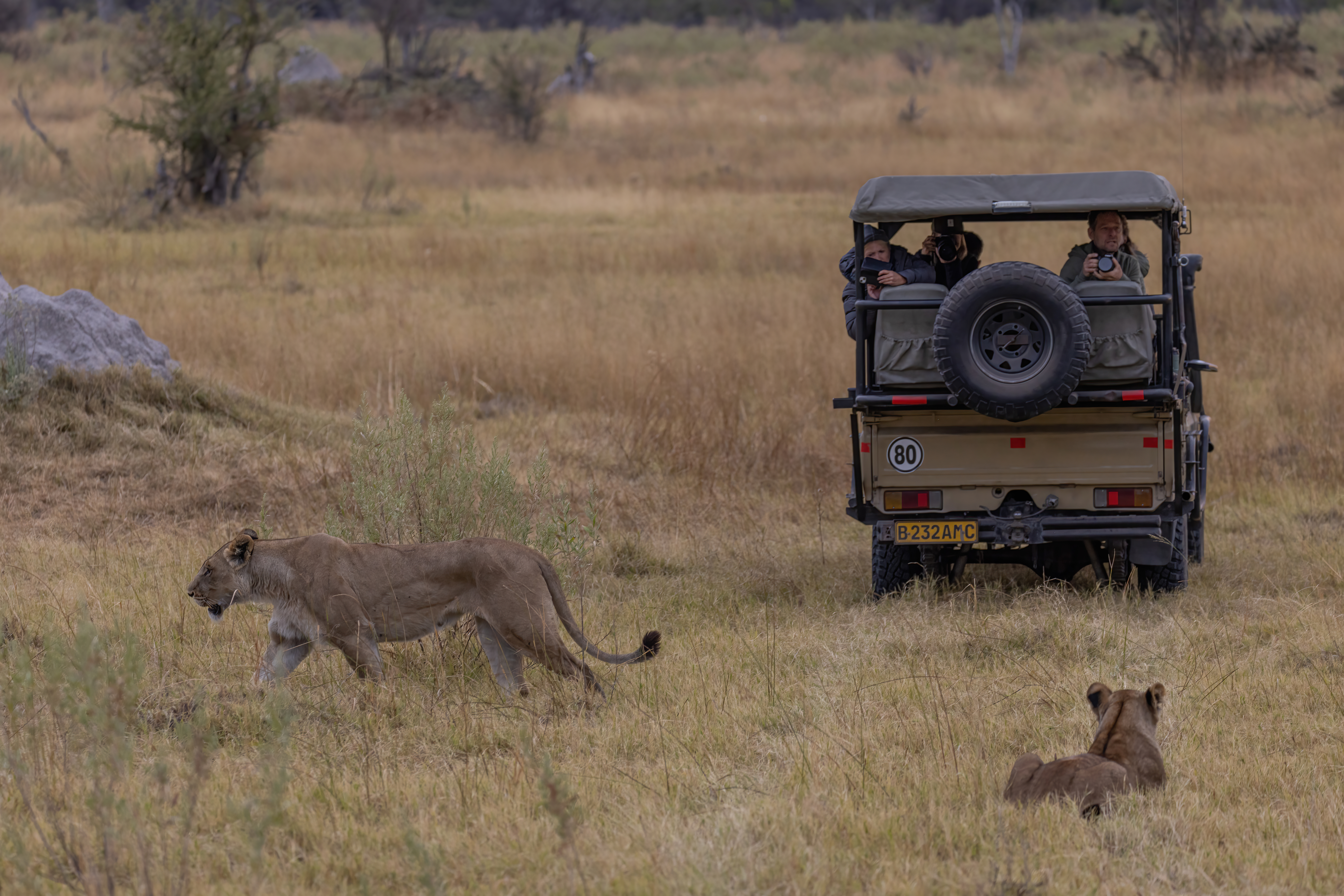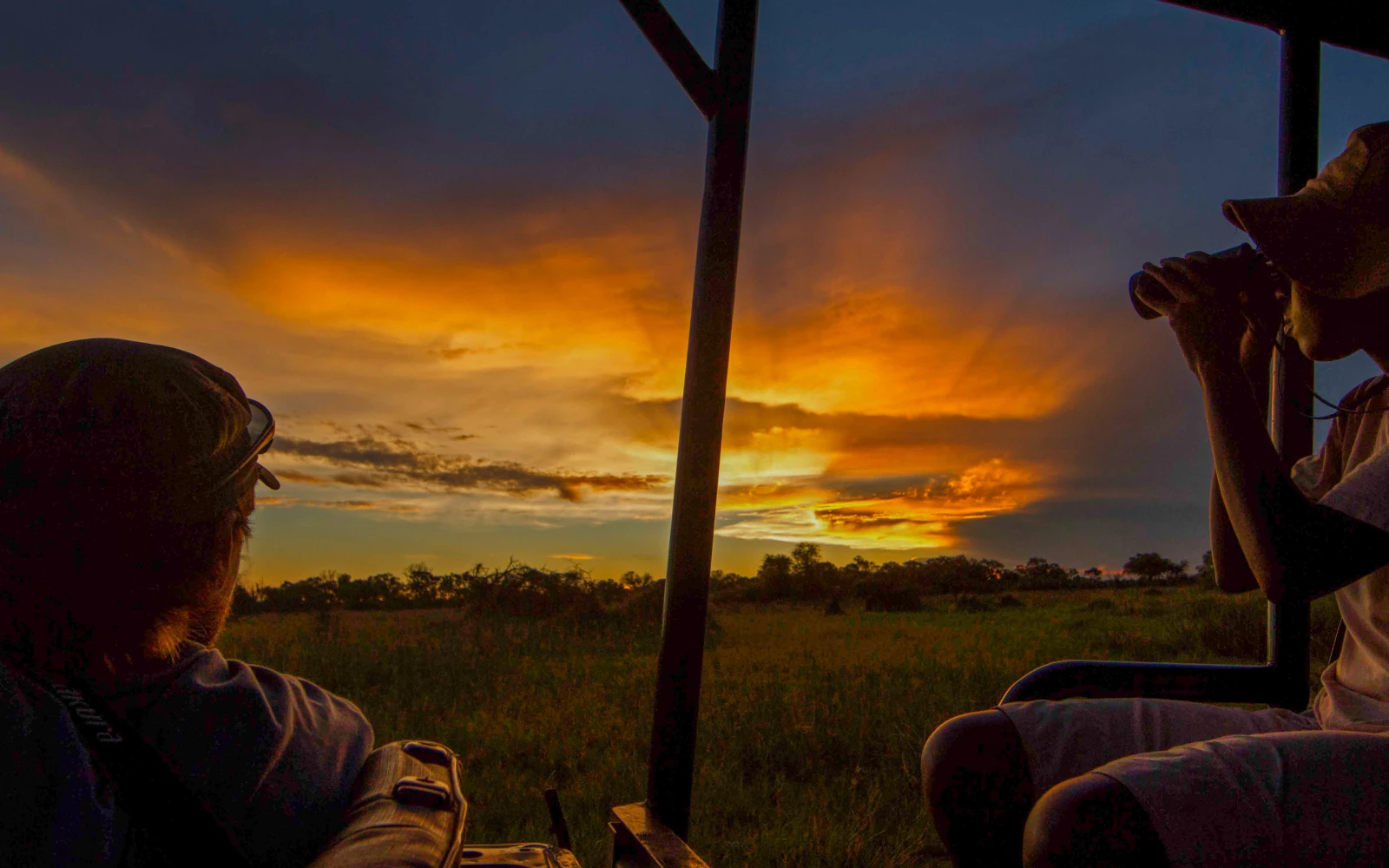
BQA
Botswana Qualifications Authority (BQA)
The Botswana Qualifications Authority (BQA) is a parastatal organization in Botswana, responsible for coordinating and overseeing the country's education, training, and skills development sector. Established under the Botswana Qualifications Authority Act No. 24 of 2013, BQA plays a crucial role in ensuring the quality and relevance of education and training programs within the country.
Some of the main functions of BQA include:
- Developing and implementing a National Credit and Qualifications Framework (NCQF) that establishes guidelines and standards for qualifications across different sectors, including education and training.Registering and accrediting education and training providers, ensuring that they meet the required standards and guidelines set by the BQA.
- Evaluating and accrediting learning programs, curricula, and qualifications to ensure they meet the necessary quality standards.
- Ensuring the development and implementation of assessment and certification processes for qualifications within the NCQF.
- Promoting a culture of quality assurance in education and training by providing guidance, resources, and support to stakeholders, such as training providers, assessment bodies, and learners.
- Facilitating the recognition and comparability of Botswana's qualifications internationally, contributing to the country's human capital development and global competitiveness.
- By overseeing and maintaining the quality and relevance of education and training programs, the Botswana Qualifications Authority plays a significant role in building a skilled and competent workforce, supporting the country's social and economic development.
Why join BQA?
Joining the Botswana Qualifications Authority (BQA) as an accredited institution or professional offers several benefits.
In summary, joining BQA as an accredited institution or professional offers several advantages, including quality assurance, increased credibility, access to resources and support, enhanced employability, and national and international recognition. It also contributes to the broader goal of developing a skilled workforce in Botswana.

- Quality assurance: By becoming BQA-accredited, an institution demonstrates its commitment to maintaining high-quality standards in education and training. This ensures that students receive the best possible education, which, in turn, can enhance the reputation of the institution.
- Increased credibility: BQA accreditation provides institutions and professionals with increased credibility in their respective fields, as it signifies adherence to nationally recognized standards. This can help attract more students or clients seeking quality education or services.
- Access to resources and support: BQA offers guidance and resources to its accredited members, helping them improve their educational and training programs. This support can contribute to the continuous development and improvement of an institution or professional's offerings.
- Enhanced employability: For professionals seeking accreditation, BQA recognition can enhance their employability and career prospects, as employers often prefer candidates with qualifications from accredited institutions.
- National and international recognition: BQA accreditation ensures that qualifications and training programs are nationally recognized and comparable to international standards. This can make it easier for students and professionals to have their qualifications recognized when pursuing further education or career opportunities outside of Botswana.
- Contribution to national development: By joining BQA and adhering to its standards, institutions and professionals contribute to the development of a skilled and competent workforce in Botswana, which is essential for the country's social and economic growth.

